New Tech for Island Restoration: Sentinel Camera Traps
We're using a cutting-edge new tool to sense and detect animals in remote locations. Find out how!
Our 2024 Impact Report is live!
Published on
August 1, 2024
Written by
Island Conservation
Photo credit
Island Conservation
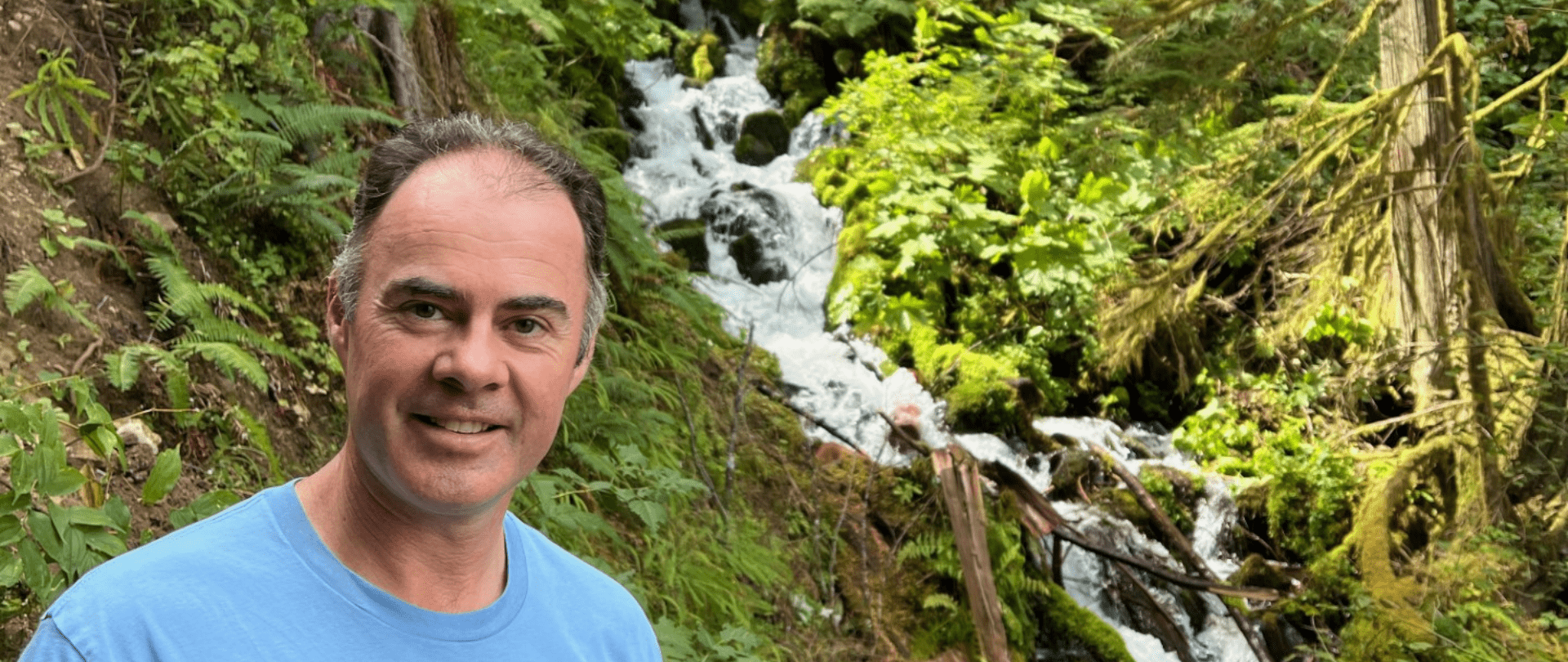
Island Conservation’s leadership team has grown! We’re thrilled to welcome Cameron Diver as the new Vice President of Conservation. Cameron brings a wealth of expertise and experience to Island Conservation as we continue to expand our work to restore islands for nature and people worldwide. We asked Cameron five questions to help get to know him as he starts his new role. Join us in extending a warm welcome to our new VP, and read on to learn more about him and his new role!
I grew up in rural New Zealand and did my primary education at Tihiroa Primary School and my high school at Te Awamutu College. Following that, I completed a conjoint Bachelor of Laws (LLB) and Arts (BA) at the University of Auckland. I then did a Maîtrise en droit (Master of Laws) and a Diplôme d’études approfondies in international relations both at the University of New Caledonia. I was lucky enough to also train in international relations at France’s Ecole Nationale d’Administration (ENA) and to do leadership studies through the University of Alabama in the United States and New Zealand’s Institute for Strategic Leadership. I am also an auditor of the Institute for Advanced Studes in National Defense (IHEDN) of France. I am currently completing my PhD at the University of Paris-Saclay in France.
I have been lucky enough to work on sustainable development and conservation issues for a large part of my career, particularly in the Pacific region and with a global network of partners. This includes projects and programs on invasive species management, climate-resilient development, ocean science and management of marine resources, community engagement, sustainable management of natural resources, together with associated partnership development, fundraising and advocacy activities. Through this experience, I am more convinced than ever that conservation, sustainable management of the environment, and taking a different approach to the relationship between nature and humankind is the cornerstone of a resilient future for people and planet. Whether we realize it or not, we rely on nature and ecosystem services for so much. How can you foster thriving communities without a healthy, thriving natural world? When you look at it that way, conservation action, like climate action and ocean action, just makes sense: they are probably the best combined economic, social and environmental investments we can make in our own future and that of future generations.

My doctoral research is on law in the service of climate justice and seeks to demonstrate how the law and legal action, particularly climate litigation, can be a powerful tool to advance climate action, call governments and industry to account in terms of their commitments under national and regional climate plans and, of course, major international instruments like the Paris Agreement. It looks at how, through climate litigation, innovative causes of action have been developed based, for example, on human rights and how these contribute to a growing body of national, transnational and international jurisprudence that strengthens the environmental rule of law and provides new avenues to protect and preserve both nature and people from the harmful effects of climate change. This is a field where, given the multisectoral impact of climate change and the convergence between different international environmental agendas, I see real potential for the law to not only contribute to the cause of climate justice but also the emerging need for ocean justice and, more broadly, to protecting the natural world and its inherent value and rights, together with those of the populations who rely on a healthy environment for their livelihoods, wellbeing and, in some cases, their cultural integrity and identity.
I’m extremely fortunate to have such an exciting role, working with our entire Conservation program to deepen and broaden our impact for biodiversity, oceans, climate, and island communities across all the geographies Island Conservation works in around the planet, particularly Latin America and the Caribbean, the United States and the Pacific. I am also responsible for our Partnerships team, which develops and manages our global network of partners and stakeholders, whether at government, international, regional or community level, and whose support is so crucial for both ambition and action, and ultimately to obtaining the outcomes we want. And of course my role supports our CEO, Dr Penny Becker, works collaboratively with our Board, the other members of our leadership team and contributes to representing Island Conservation externally, raising our profile, mobilizing friends and funds, advocating for integrated conservation, climate and ocean action and ensuring that, together, we reach the objectives we set under the Strategic Plan.
I am really looking forward to helping make things happen. Island Conservation has a great history of bringing impact through its actions and I truly believe in the vision laid out in our new strategic plan to restore islands for nature and people worldwide, fostering a world with vibrant biodiversity, resilient oceans and thriving island communities. Islands are catalysts for impact and I am keen to work with my colleagues at IC, our partners and local island communities to fulfill this vision in the many regions we work in around the globe. Honestly, it is a really exciting perspective to have the opportunity to demonstrate the many benefits of holistic restoration in island environments and then use these tangible examples to help scale up action and ambition, to show that we can stem and reverse biodiversity loss, we can improve ocean health and climate resilience and we can accelerate the recovery of nature and foster positive outcomes for communities.
I think the coolest thing I’ve learned is how dedicated the team at Island Conservation is. Everyone has a real commitment to what we are trying to achieve. It’s a great feeling and a real privilege to be part of a team like that, where each person, in their specialist area, whether in corporate or support services, the field, conservation, partnerships, philanthropy, innovation or leadership, are helping IC’s transformational impact. Being able to say, for example, that you have helped stop an extinction and then observe species return to their restored natural habitat for the first time in years (and sometimes over a century) is a pretty cool thing in my book!
Check out other journal entries we think you might be interested in.
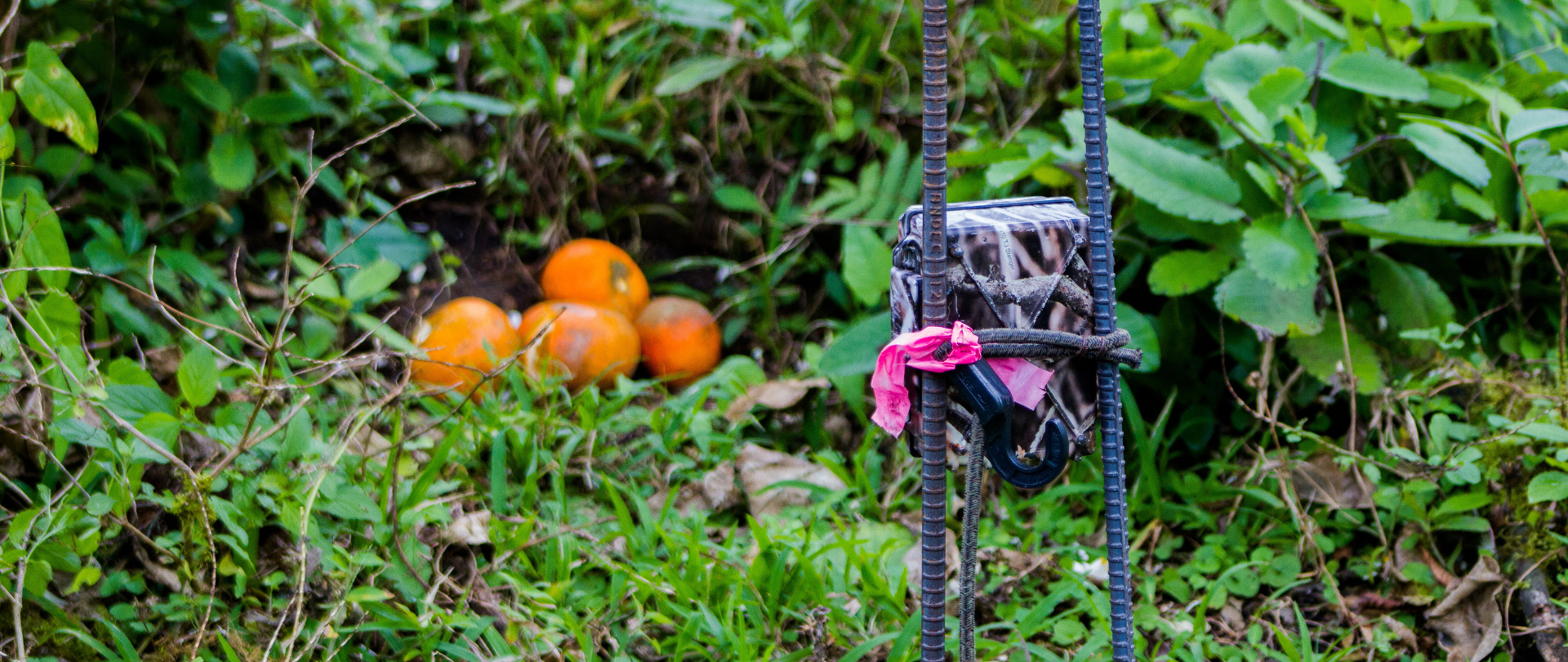
We're using a cutting-edge new tool to sense and detect animals in remote locations. Find out how!

Ann Singeo, founder of our partner organization the Ebiil Society, shares her vision for a thriving Palau and a flourishing world of indigenous science!
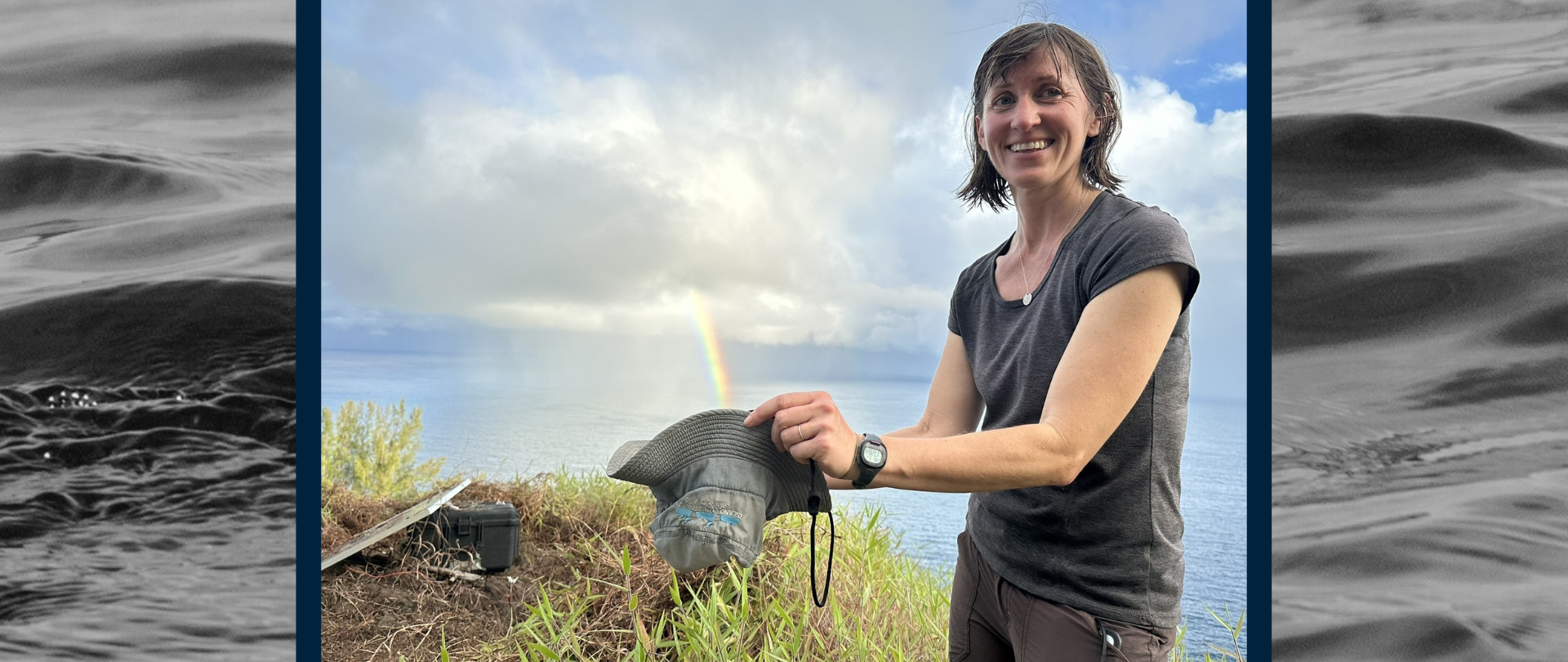
Read Coral Wolf's interview about the thrilling news of rare birds nesting on Kamaka
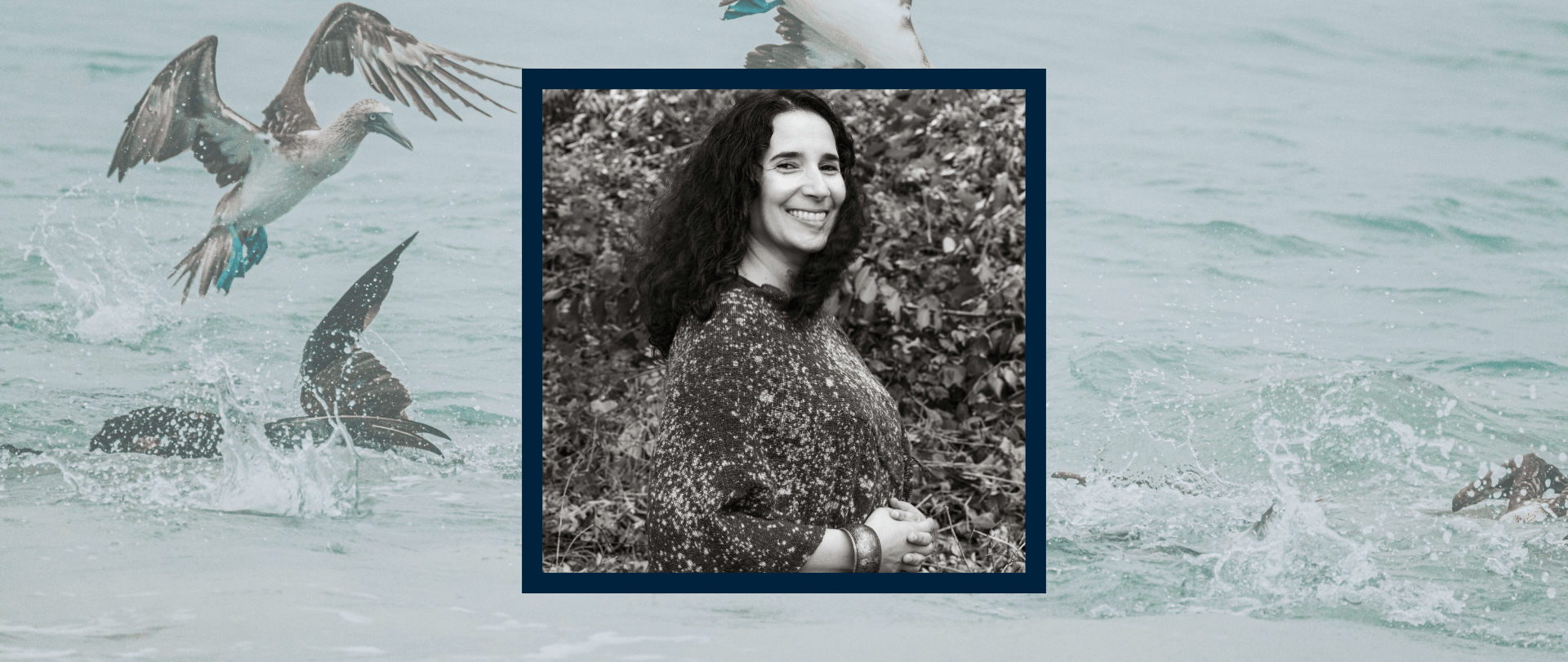
Emily Raboteau‘s 2024 essay collection, Lessons for Survival: Mothering Against the Apocalypse, offers a unique view into our present moment. Confronting the perils of raising two Black sons in New York City, Raboteau situates contemporary life in the context of…
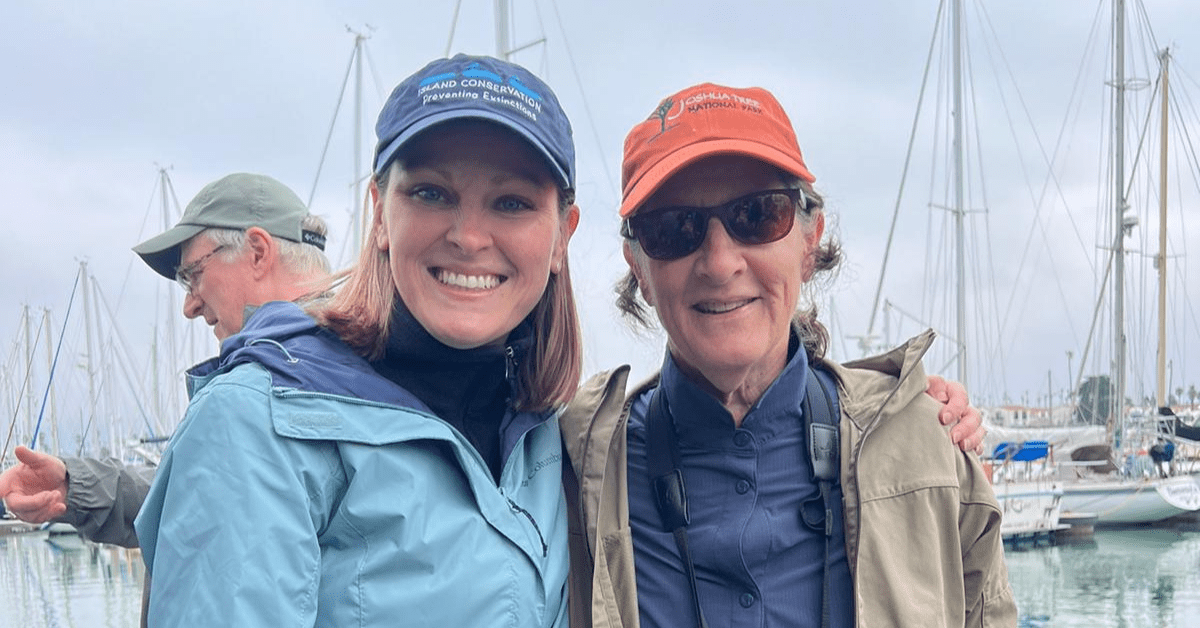
After 8 impactful years, Dr. Karen Poiani officially hands the reins over to our new Chief Executive Officer – Dr. Penny Becker!

Loosiep Island in Ulithi Atoll, Yap State, is now confirmed to be free from damaging invasive species!
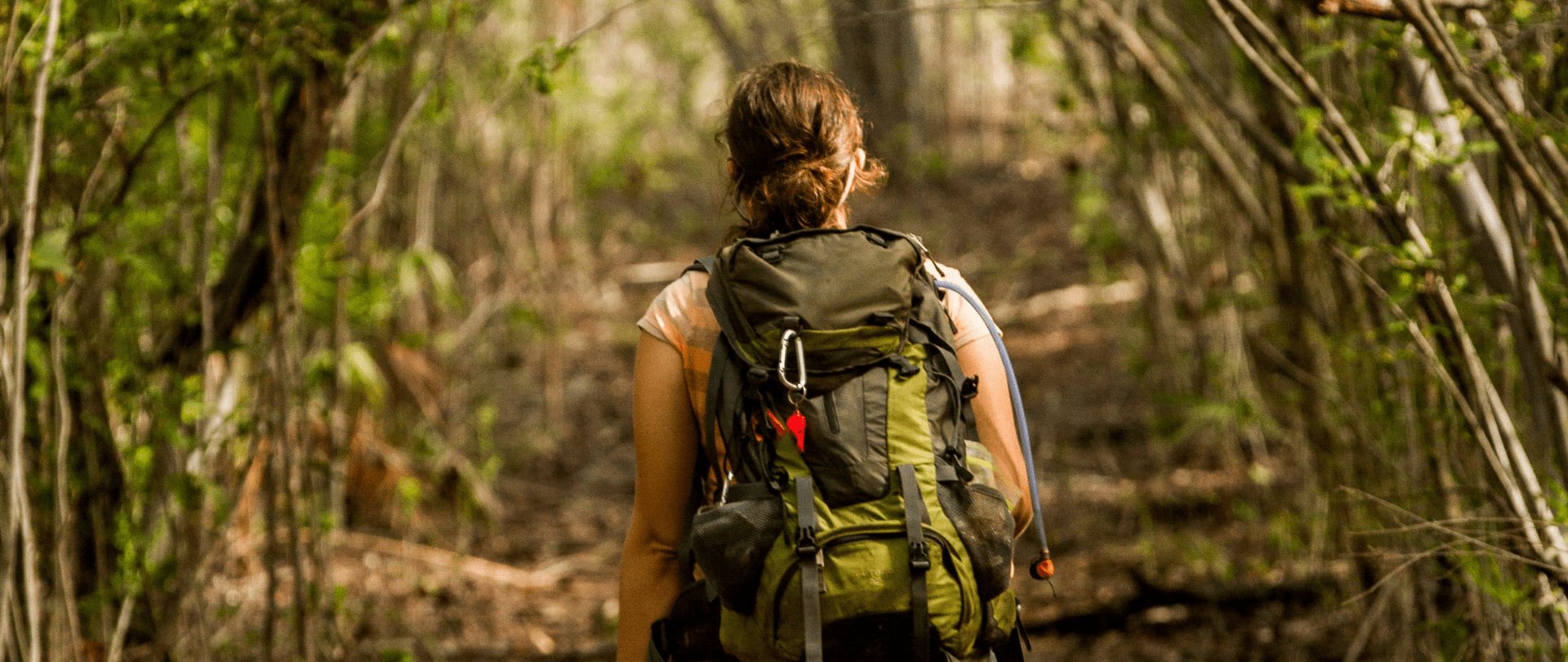
Meet six amazing women of the conservation world, leading the way to a planet bursting with vibrant, resilient ecosystems!
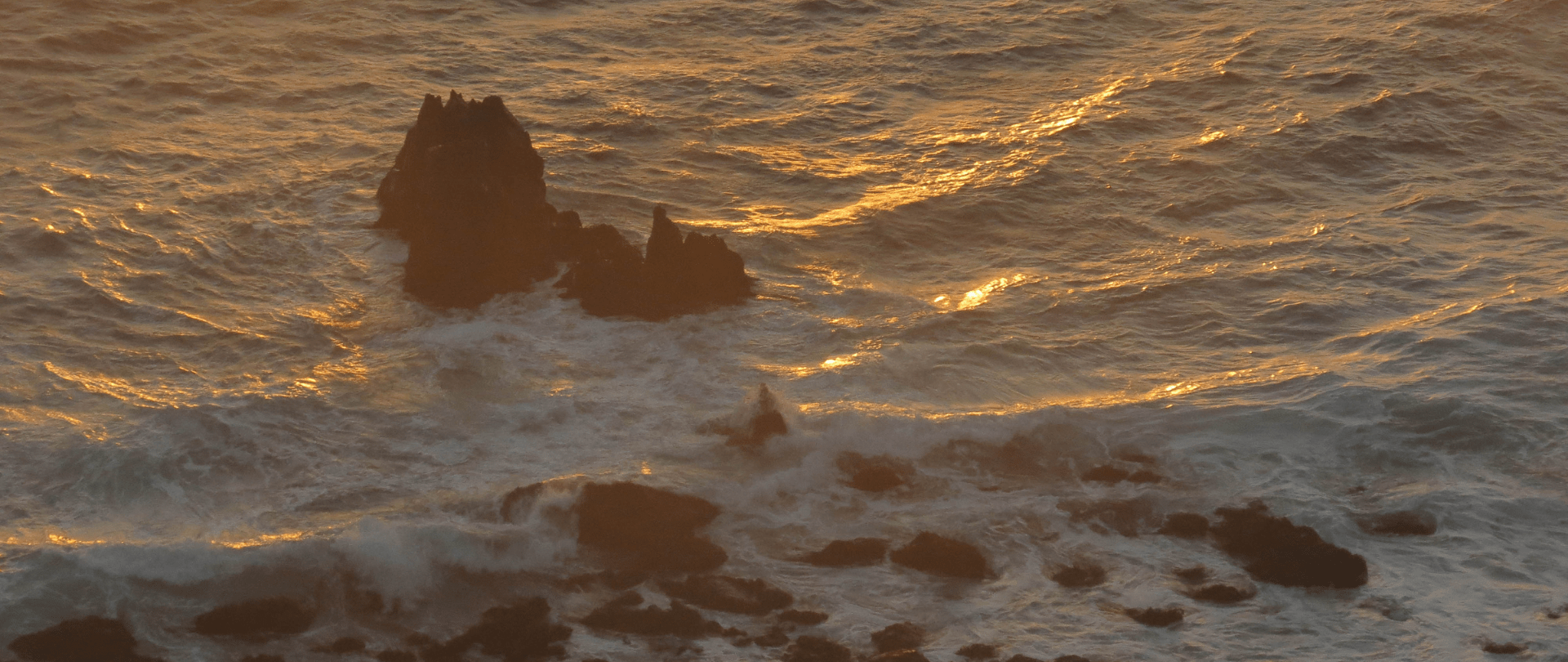
Learn about DEI, environmental justice, and the motivating ethic of our mission in this interview with Aleida Fuentes-Boles!

Island Conservation's GIS Data Science Specialist shares how her experience on Floreana has been shaped by community.

A monthly donor to Island Conservation shares what makes his charitable giving so impactful!